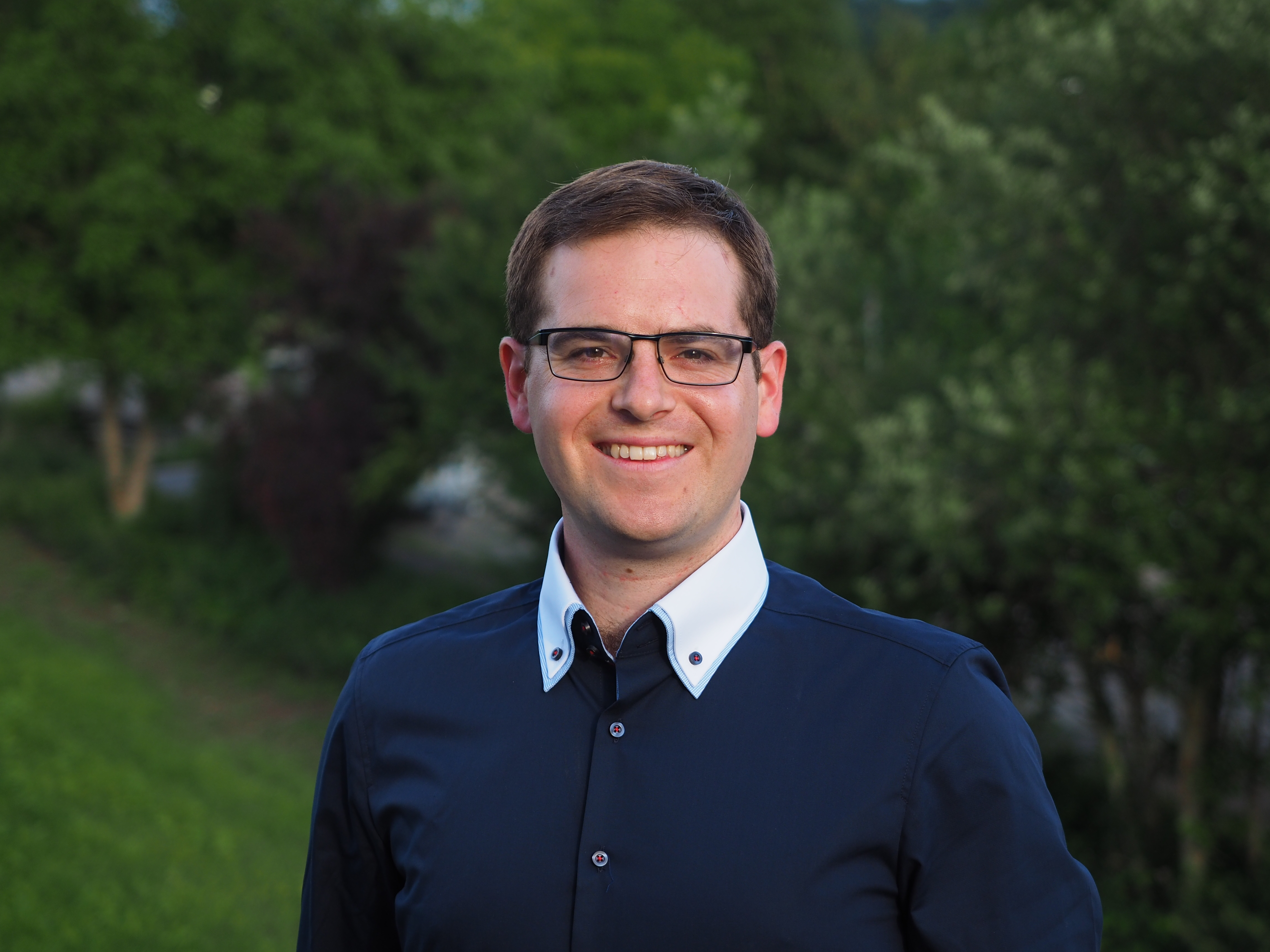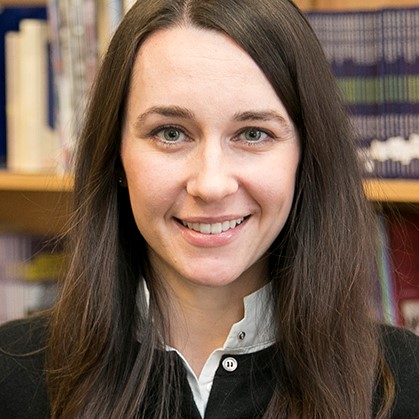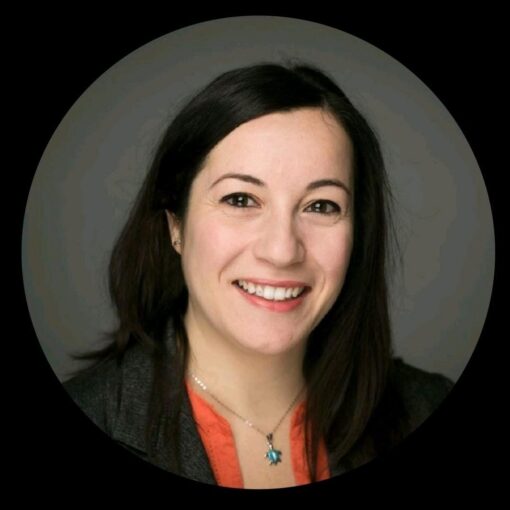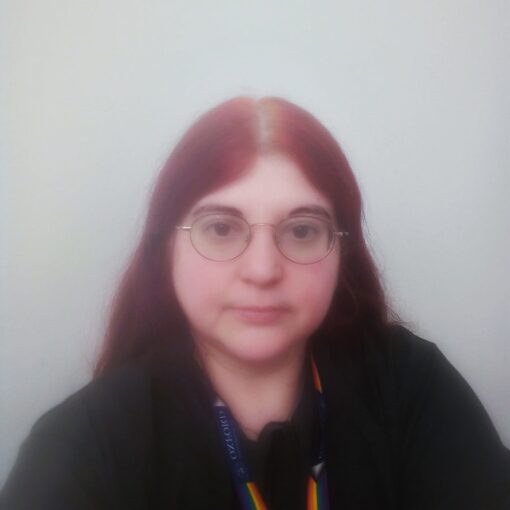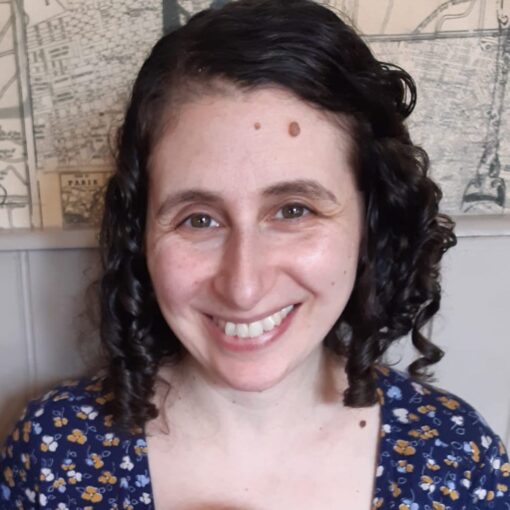PhD Biomedical Sciences, Victoria University of Wellington, NZ (2016)
| Senior Scientist - Immunologist | |
|---|---|
| GSK | |
Year entered into a non-academic position: October 2018
Job highlight:Learning how to utilise my scientific training to progress drug development projects.
My research training set me up to… apply critical and evidence-based reasoning to find experimental answers to complex problems, and to communicate the results of these experiments to a wide range of audiences.
Left academia after: After 2 year 9 months of postdoctoral work
What’s your background?
I completed a Bachelor of Biomedical Sciences with Honours in Wellington, New Zealand. I then did a PhD at the Malaghan Institute of Medical Research, also in Wellington, an institute focused on Immunological research. My work covered characterising the immune responses which cause asthma and allergies, and also protect against parasitic worm infections. I then moved to Freiburg in Germany to take up a post doc at the Max Planck Institute for Immunology and Epigenetics. My work there focused on understanding how changes in metabolic pathways influence the function of immune cells.
Why did you move away from academia?
I reached a point where my projects were not progressing as fast as I wanted, and I knew I needed a significant publication before I could look for a higher position within academia. I had been contemplating a move into the pharmaceutical industry as I wanted to experience and learn more about how my research could be applied in a translational setting. We were keen to move to the UK so my wife could restart her nursing career. Things came together when I found a job advertisement for a role at GSK which suited my skills and research experience very well, so I applied and was successful.
Is there anything you miss about academia?
Nothing too much as of yet. As I am involved with early discovery projects, the work feels similar to what I was doing in academia. I have also been involved with reviewing and giving comments on papers being published from my old labs, which helps me keep in touch with them and the literature.
How did you get this job? Did you face any challenges when considering a move away from academia or applying for the role?
I found the role advertised on LinkedIn and was fortunate enough that my skills and expertise very closely reflected those listed in the advertisement. After I had applied, I found that one of my post-doc colleagues had a contact in GSK, who I got in touch with and asked general questions about how they found the company and location. As I discussed above I was interested in the pharma industry and was feeling it was a good time to move out of academia, so it wasn’t a difficult decision when I was offered the role.
What motivated you to/why did you choose the sector you transitioned into?
Having spent my academic training doing basic science it felt like the work we were doing, while interesting and exciting, was very distant from providing treatments for people. I didn’t have a preference between a smaller company or big pharma, but I did want to gain some experience doing research and development in an industry which directly impacts people’s health.
Did you think you had the skills required for your current position before you started? Were you right?
When I applied, I actually had little knowledge of exactly what skills would be required. I had confidence in my lab-based skills which have served me well, in addition to these I have a lot of practice at concisely presenting and communicating my work. Currently, I work in a tight-knit team, which is similar to how I worked during my PhD and postdoc, being an effective team-member is an important part of my role.
How did your PhD prepare you for your current job? For example, what were the transferable skills that you developed during your PhD that are most relevant to your current job?
As I said above, knowing how to give good presentations and working well in a team have been skills that I have drawn upon. I have also had to balance running different projects, so organisation and project management skills are also key. In terms of my science, I trained in immunology which has been beneficial as with the increased interest around CAR-T (chimeric antigen receptor T-cell) therapies, antibody biologics and immune-based therapies, there is a strong shift throughout the pharmaceutical industry towards immunology-based research.
Did you have any preconceptions about your sector that proved to be wrong?
I had heard that industrial science can be quite restrictive, that you don’t have the freedom to follow interesting science as you do in academia. It may be that I have been lucky in my role, but I have had quite a lot of freedom to investigate what I believe may be interesting biology. I have been doing some fairly basic research but in the context of developing a translatable drug which has also made the transition to industrial science much easier.
Can you describe a typical week in your job?
I currently spend about 70% of my time in the lab running cell-based experiments and assays. I also work with computational scientists to interrogate large datasets to discover novel mechanisms driving the biological phenotypes we want, then we design experiments to test these mechanisms. Around that, I also spend time presenting my findings to the wider group and keeping up with the paperwork. The big difference with industry is the level of paperwork and record-keeping, there is a larger volume and it takes a lot more time than I had experienced in academic labs.
What is the workplace culture like? Please include comments on work-life balance, flexibility, remote working?
Culture is a focus of GSK, there are several values we strive to demonstrate with everything we do. Transparency and integrity mean we know where we stand and what needs to be achieved. Our work is always patient-focused which means we question each experiment we do and ask if it will get us closer to being able to help people. My line managers and project managers are respectful and always consider our opinions and comments when making decisions. While I work in a small team, I interact with people from other groups and areas of R&D. As with any science, experiments sometimes take longer than a normal work day but our managers are aware of that and flexible in how we manage our time. I have had the opportunity to attend several small conferences, we are encouraged to up-skill and broaden our knowledge base.
Do people with a PhD frequently get hired in the company/sector?
Yes the majority of recent hires that I have met, coming into a similar level as my own, have been PhDs.
What are your favourite parts of your job?
So far, it’s been learning about drug development and the pharmaceutical industry. There’s been a lot to take in but it’s been really interesting to understand how decisions are made at each level and what types of data are critical for making those decisions.
What are your reflections on your career path?
No regrets so far. Had I managed to develop a better project during my postdoc that had the potential for a higher impact paper I may have considered staying in academia longer, but I’m happy with where my career has moved. As for the future, there are a number of potential paths for scientists with drug discovery experience within the industry. I am trying my best to meet people who have taken different roles, to learn more about these and which would suit me best to follow.
Do you have any advice for current graduate students and postdocs considering a career outside of academia?
Think about your network – once you decide to move, see who you know who works in the field, it could be friends of friends or contacts of your academic supervisor. These contacts can give you useful advice on the industry, help you discover available positions, or even recommend you for a specific job.
What do you know now that you wish you’d known when exploring a transition?
As an international scientist, it was important for me to think about visa options. I’m fortunate enough that GSK are able to sponsor me for a visa, however many small companies do not have this ability. If you have specific visa requirements to be able to work where you want to, make sure the companies you are approaching can/will help you with these.
Can you recommend any relevant resources, organisations or events that might help somebody new to the sector find out more about it?
Although I didn’t actually sign up to the organisation, I did find a lot of useful resources from the Cheeky Scientist, it’s fairly American centric but I used some of this advice for CV writing and interviewing.
GSK is a science-led global healthcare company with a special purpose: to help people do more, feel better, live longer. We have 3 global businesses that research, develop and manufacture innovative pharmaceutical medicines, vaccines and consumer healthcare products.
Our goal is to be one of the world’s most innovative, best performing and trusted healthcare companies.
Our values and expectations are at the heart of everything we do and help define our culture – so that together we can deliver extraordinary things for our patients and consumers and make GSK a brilliant place to work. Our values are Patient focus, Transparency, Respect, Integrity. Our expectations are Courage, Accountability, Development, Teamwork.
Our Pharmaceuticals business has a broad portfolio of innovative and established medicines with commercial leadership in respiratory and HIV. Our R&D approach focuses on science related to the immune system, use of genetics and advanced technologies. Find out more about GSK as a company, and learn more about our R&D activities.

